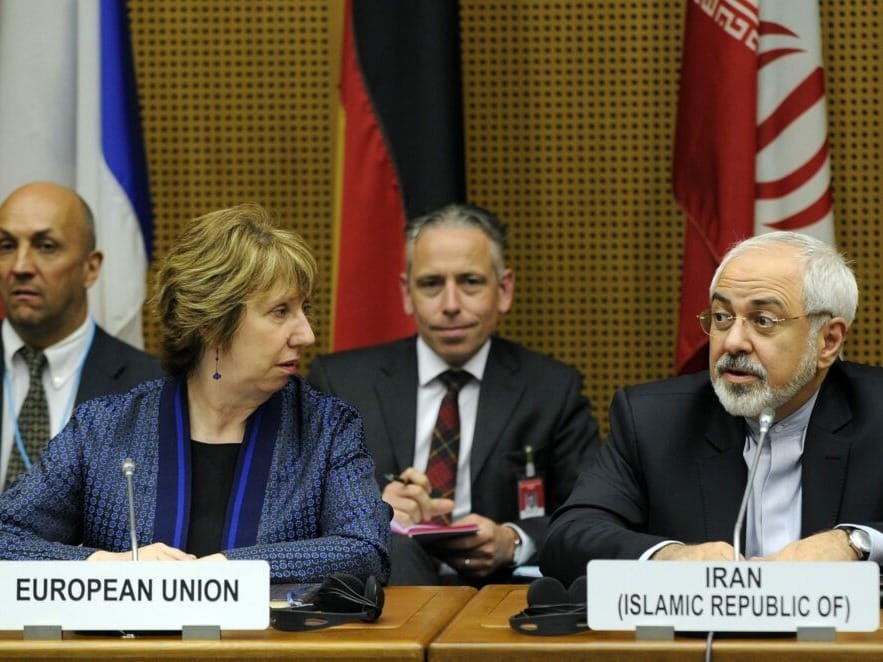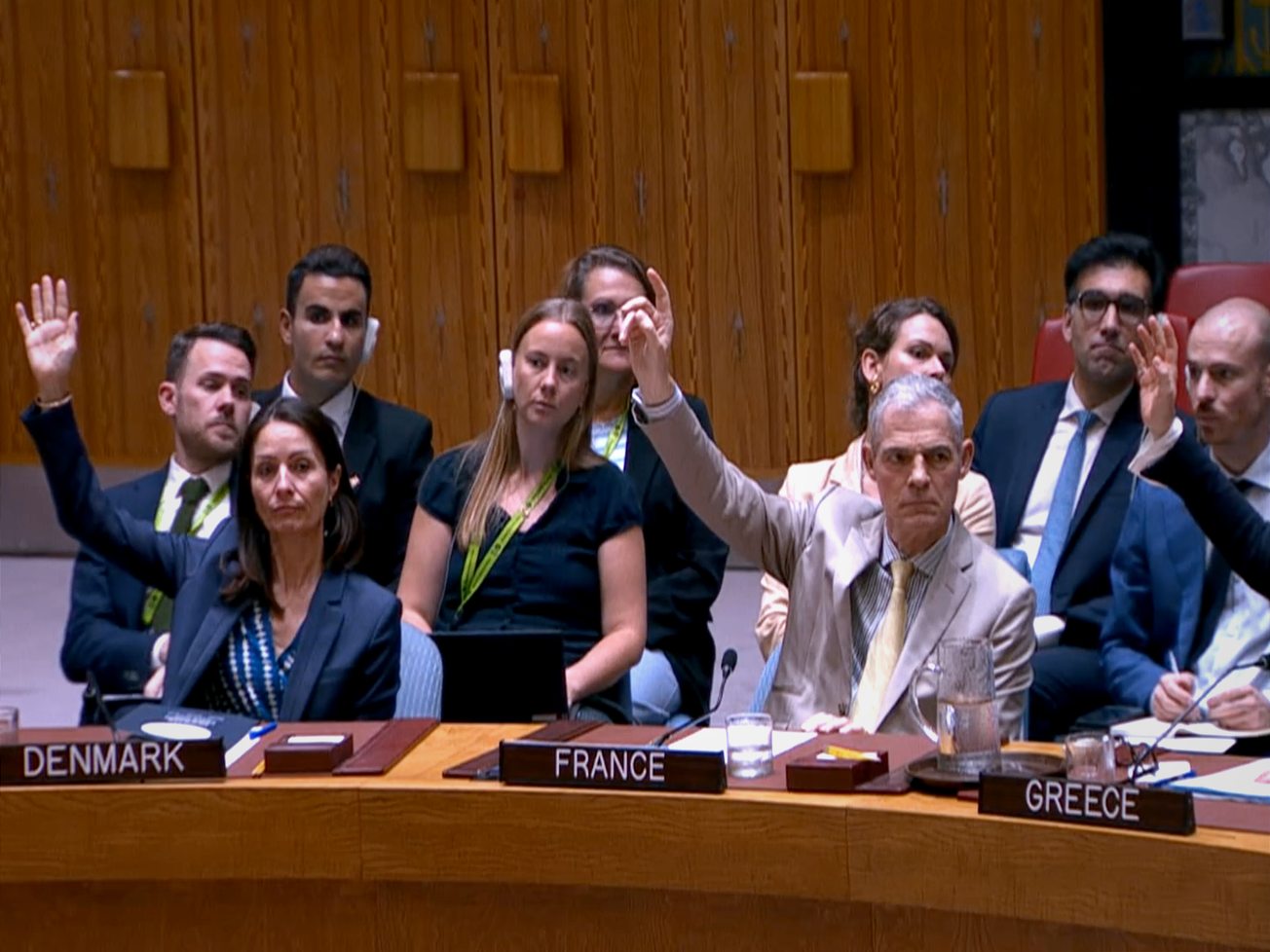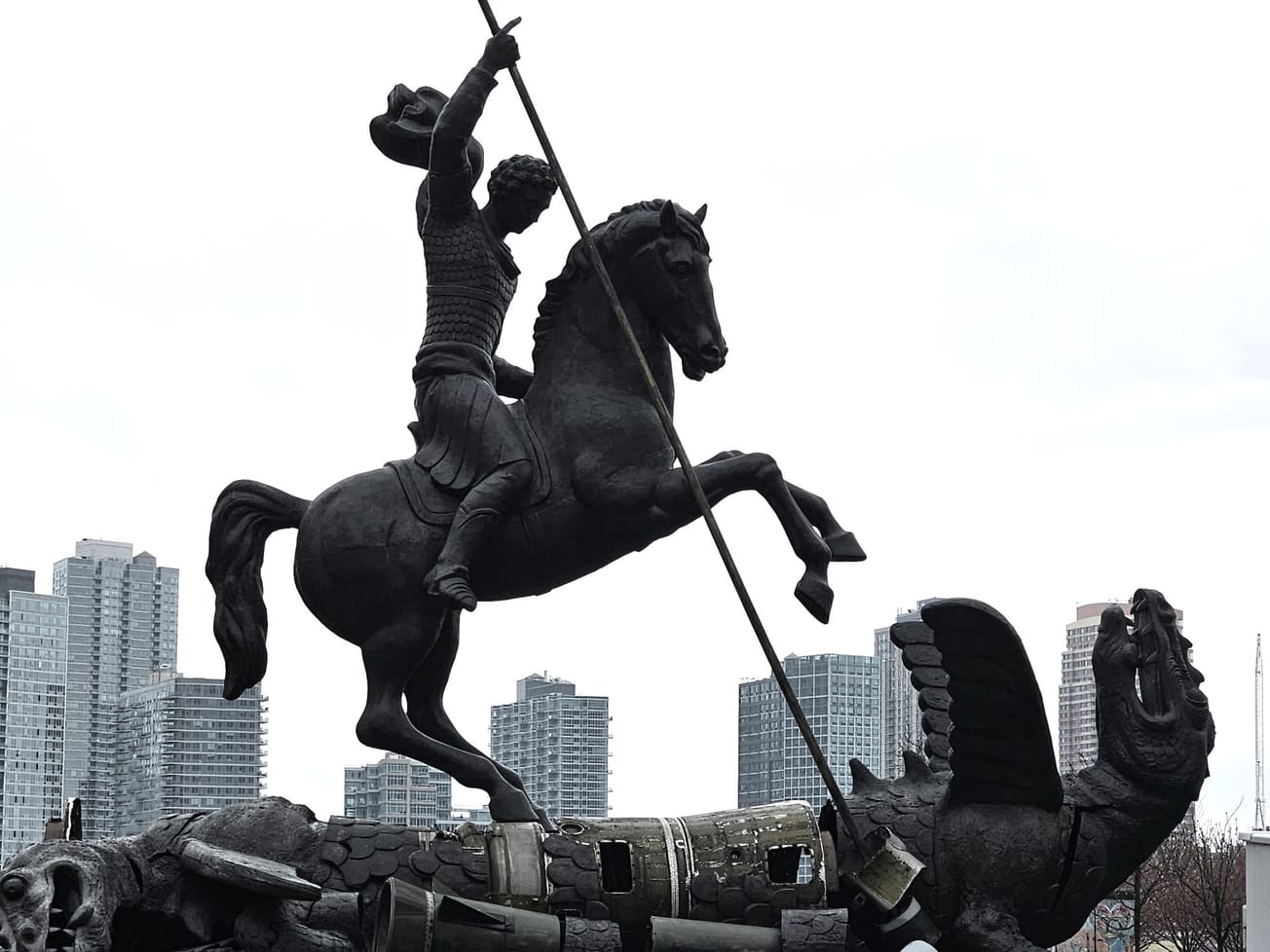Iran announced plans to resume enriching uranium at higher levels if world powers will not accept new terms under the 2015 nuclear deal that U.S. President Donald Trump's administration renounced.
Iran's President Hassan Rouhani said in a televised address on Wednesday the higher enrichment would begin in 60 days, and Iran would stop complying with other aspects of the treaty, formally known as the Joint Comprehensive Plan of Action, or JCPOA, by no longer exporting excess uranium and heavy water from its nuclear program.









